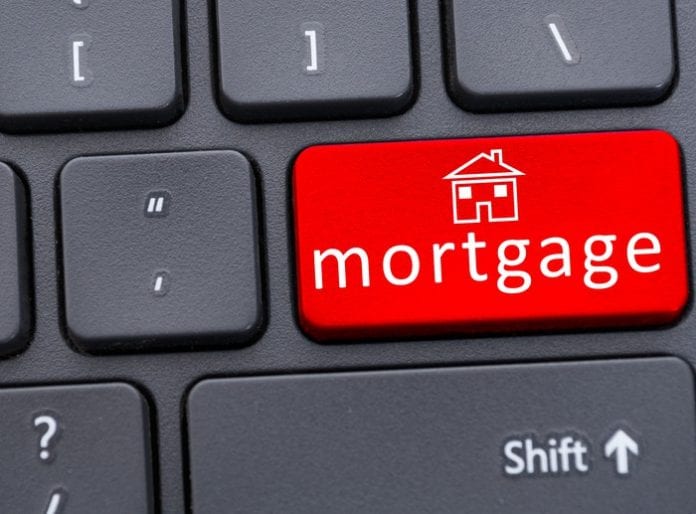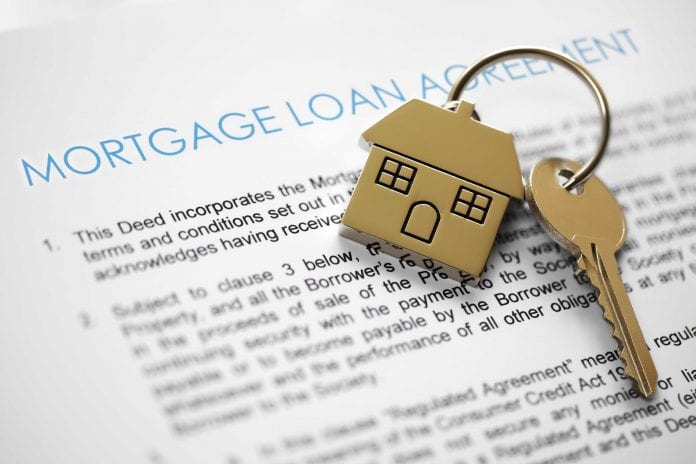If you’re contemplating purchasing a home in the near future, it is important that you brush up on your mortgage knowledge. Learning what to do before applying for a mortgage can help you find the best mortgage rates (check out Credible.com) available in your area. Here we share 5 important tips to consider before getting a mortgage loan.
- Beware of Low Payments

Mortgage payments are an important factor to consider when shopping for a mortgage loan. They determine whether you can afford to make the loan payments over the term of the loan. It’s important to note that low payments don’t always mean you’ll have a mortgage that you’re comfortable with or that’s within the price range for your home. Low mortgage payments often have an extended term, high up-front closing costs and adjustable rate features, all of which can negatively affect your wealth and ability to repay the loan.
- Are the fees reasonable?

It is important to find out the fees associated with your loan. While some fees might not be avoidable, some are unnecessary or negotiable. Some of the negotiable fees in a closing statement include an application fee, underwriting fees, appraisal fees, discount points, and origination fees. Fees that are non-negotiable include title insurance, recording fees, document stamps/courier fees, and tax-related service fees.
It’s worth mentioning that some fees don’t need to be paid by borrowers with stable income and good credit. Make sure you get a closing statement which shows the total expected fees. To ensure you find a lender that will give you a more accurate reflection of your fees, use a reputable broker like Habito to handle the search process for you.
- Avoid Adjustable Rate Loans

Adjustable rate loans, also known as variable loans, can be very attractive as they have an initial interest rate that’s below the market rate. However, the rate increases, as time goes by. These types of home loans have a fixed period during which the rate remains constant and then it’s adjusted at regular intervals. The fixed period can be anywhere from one month to 10 years. What the fixed rate period is over, the loan resets – during this time, you pay a new interest based on the current market prices.
- Longer-Term Mortgages Cost Much More and Build Equity Much Slower

According to PointMeTo, longer-term mortgages are popular with borrowers who want a low monthly payment. Longer-term mortgages are popular with borrowers who want a low monthly payment. While the low monthly payments are attractive, they have some drawbacks. Taking a long-term mortgage means you’ll pay higher interest charges over the term of the loan and you’ll build equity more slowly.
- Don’t Overlook Total Cost
The total cost is the sum of all payments that you’re going to make to the mortgage company and other service providers. These fees can be broken down into recurring and non-recurring costs. Recurring costs include interest charges, taxes, and insurance. Non-recurring costs are a one-time fee paid during the transaction. These include the application fee, appraisal fee, notary fee, title fee and document preparation fee to name a few.
When calculating the cost of a mortgage, take into consideration the various fees and other closing costs you’re required to pay for the transaction. Go for a mortgage whose total cost works for you and is within your budget.
There are many things to consider when getting a mortgage. But these five tips will help you start off on the right foot when shopping for a mortgage loan.









